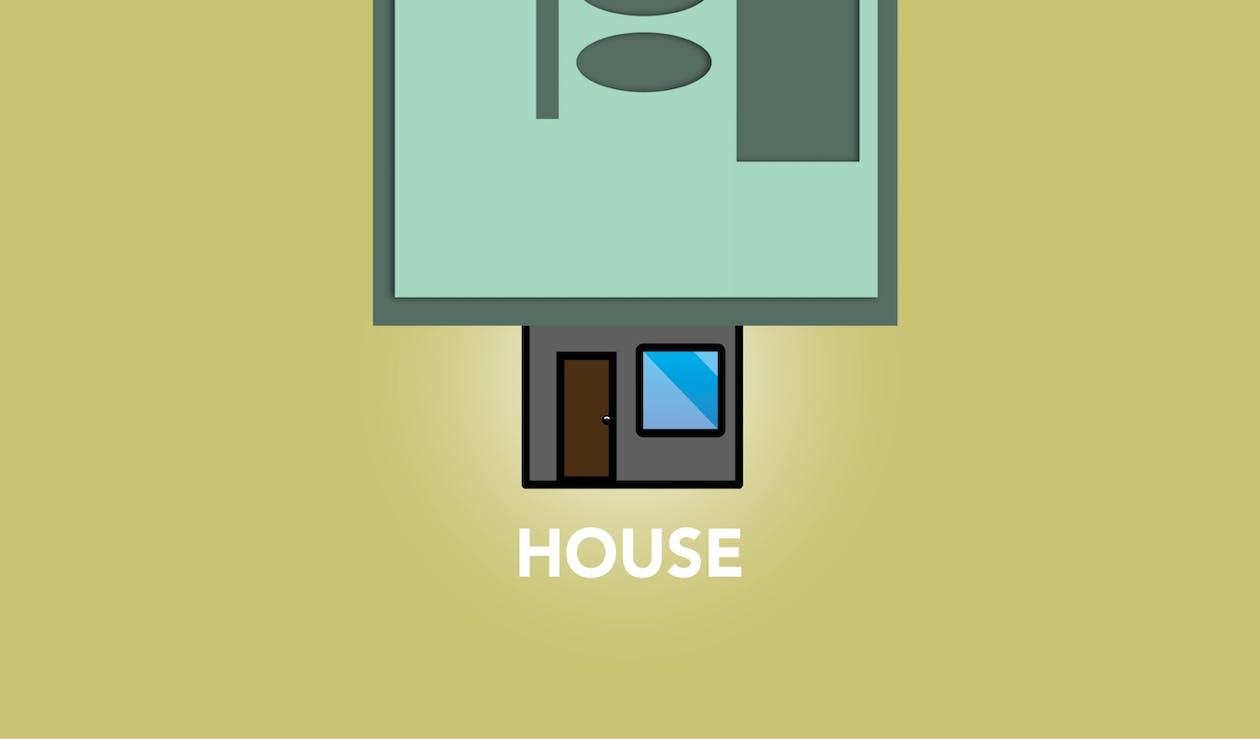A condop is a co-op building with both commercial units (usually on the ground floor) and residential units, each governed by separate boards, unlike a typical co-op building that only has one board looking over the whole building.
A condop basically consists of two condos – One consisting of all the commercial space, while the other is made up entirely of the residential units in the building. The residential “condo” part of the building becomes a co-op and is treated as a corporation rather than real property. People who buy an apartment in a condop building get shares based on the size of their apartment instead of a deed of ownership.
An alternative definition that is becoming quite common is that condops are co-ops with more relaxed, condo-like rules and regulations to make them more attractive for new buyers.
Why Were Condops Created In The First Place?
Condops became popular in the 1980s as a way to bypass the 80/20 rule of the IRS tax code. The code states that if a co-op earns more than 20% of its income from its commercial units, the shareholders (unitholders in the co-op) don’t get certain tax benefits that homeowners are eligible for.
That’s because these commercial units like retail spaces and offices are considered non-shareholder income, which for a co-op is the maintenance fee.
So, when rental buildings were being converted to co-ops, sponsors (builders, developers, building owners) “split” the building with residential unit owners that would turn the residential part of the building into a co-op. By splitting the commercial and residential areas, the co-op shareholders could keep the tax benefits while sponsors could make money from their commercial units without following the strict co-op rules (the freedom that comes in condominiums).
How Is A Condop Different From A Coop And A Condo?
Condop vs. Coop
A major difference between a condop and a coop is the number of boards. Co-ops have one board and Condops have three boards:
1. Condominium Board –It looks over the building as a whole (both commercial and residential space)
2. Commercial Board –It’s dedicated to commercial space in the building
3. The Co-op Board– It oversees all the residential units, which acts like a typical coop board (and is elected by the residents)
Other differences include:
- Lower available inventory compared to pure co-ops.
- The co-op board may lack power compared to the commercial board, so decisions that may impact both (like common charges) may be made in favor of commercial tenants rather than co-op shareholders.
- The wrong type of commercial tenants may become a problem for co-op residents. Even though it’s also possible in a co-op that may have some commercial space, the resident shareholders usually have more power over who to lease the commercial space to.
- Condop sellers might have a difficult time attracting good buyers if there isn’t harmony in different condop boards, which may create additional complications for the shareholders.
- The buyer’s lawyer will have to go through two sets of financials for the building instead of one in a co-op.
Condops vs. Condominiums
For residential unit holders/shareholders, a condop (like regular co-ops) is different from a condominium in the following ways:
- Buyers get shares in the corporation, not ownership of real property.
- There are lower closing costs for condop buyers, thanks to no mortgage recording tax.
It may be cheaper compared to a condo but more expensive than a typical co-op.















